This website uses cookies so that we can provide you with the best user experience possible. Cookie information is stored in your browser and performs functions such as recognising you when you return to our website and helping our team to understand which sections of the website you find most interesting and useful.
New research suggests that people who consume foods rich in flavonoids, such as berries and dark chocolate, could lower their risk of dementia.
The study, which was published in JAMA Network Open, found that increasing the intake of flavonoid-rich foods and drinks could help reduce the risk of developing the cognitive condition by 28%.
Lead author of the study, professor Aedin Cassidy, director for interdisciplinary research at the Institute for Global Food Security, Queen’s University Belfast, said: “In this population-based cohort study, we analysed dietary data from over 120,000 adults aged between 40 and 70 years from the UK Biobank.
“Our findings show that consuming six additional servings of flavonoid-rich foods per day, in particular berries, tea and red wine, was associated with a 28% lower risk of dementia.”
But what are flavonoids and how can we incorporate them into our daily diets?
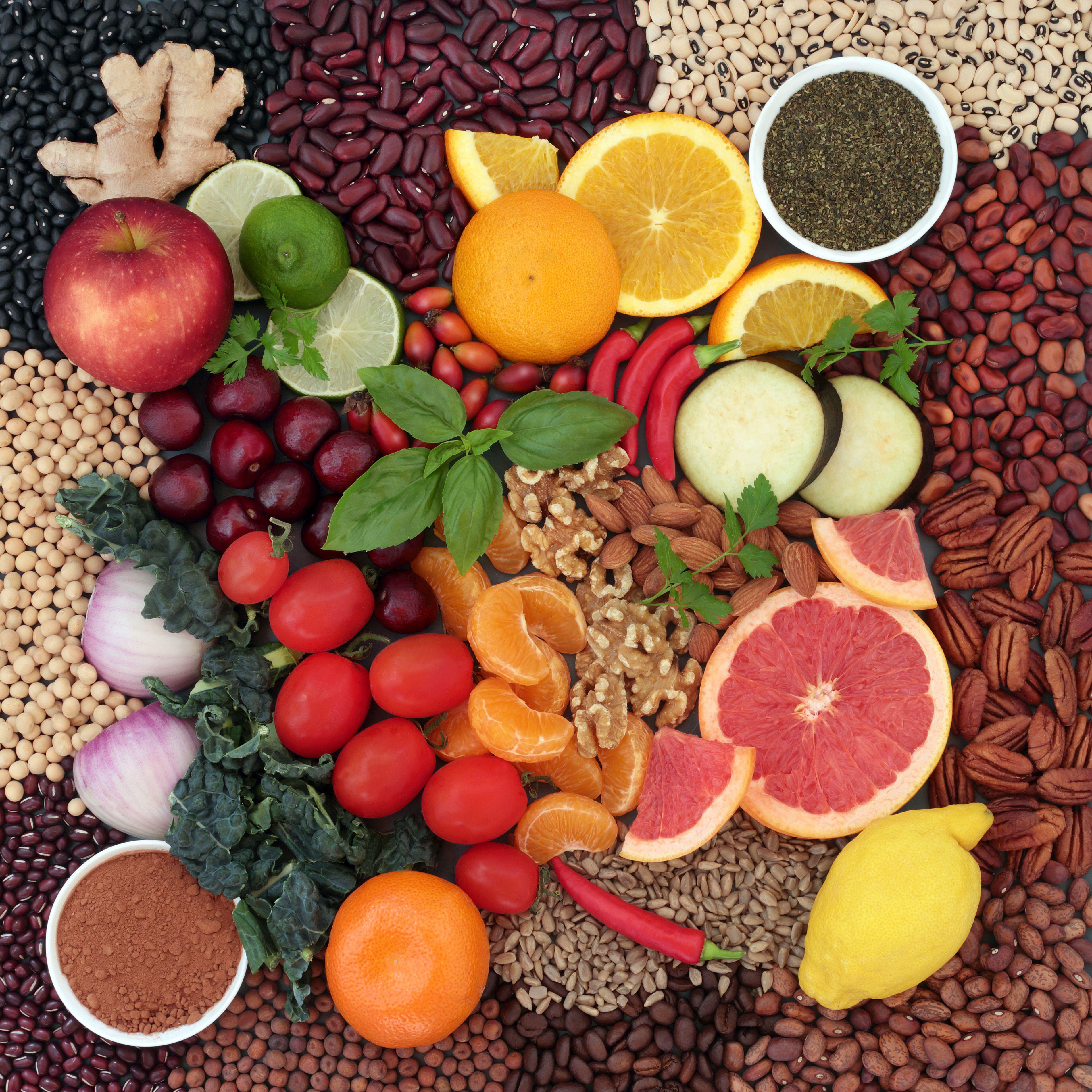
What are flavonoids?
“Flavonoids are compounds found in many plant products including teas, certain vegetables and some citrus fruits, as well as wine and cocoa,” says Maz Packham, nutritional therapist and consultant at W-Wellness. “Flavonoids have powerful antioxidant properties and they are responsible for the bright colours of many vegetables and fruits.
“If you think about blueberries, a type of flavonoid called anthocyanins gives them their blue colour.”
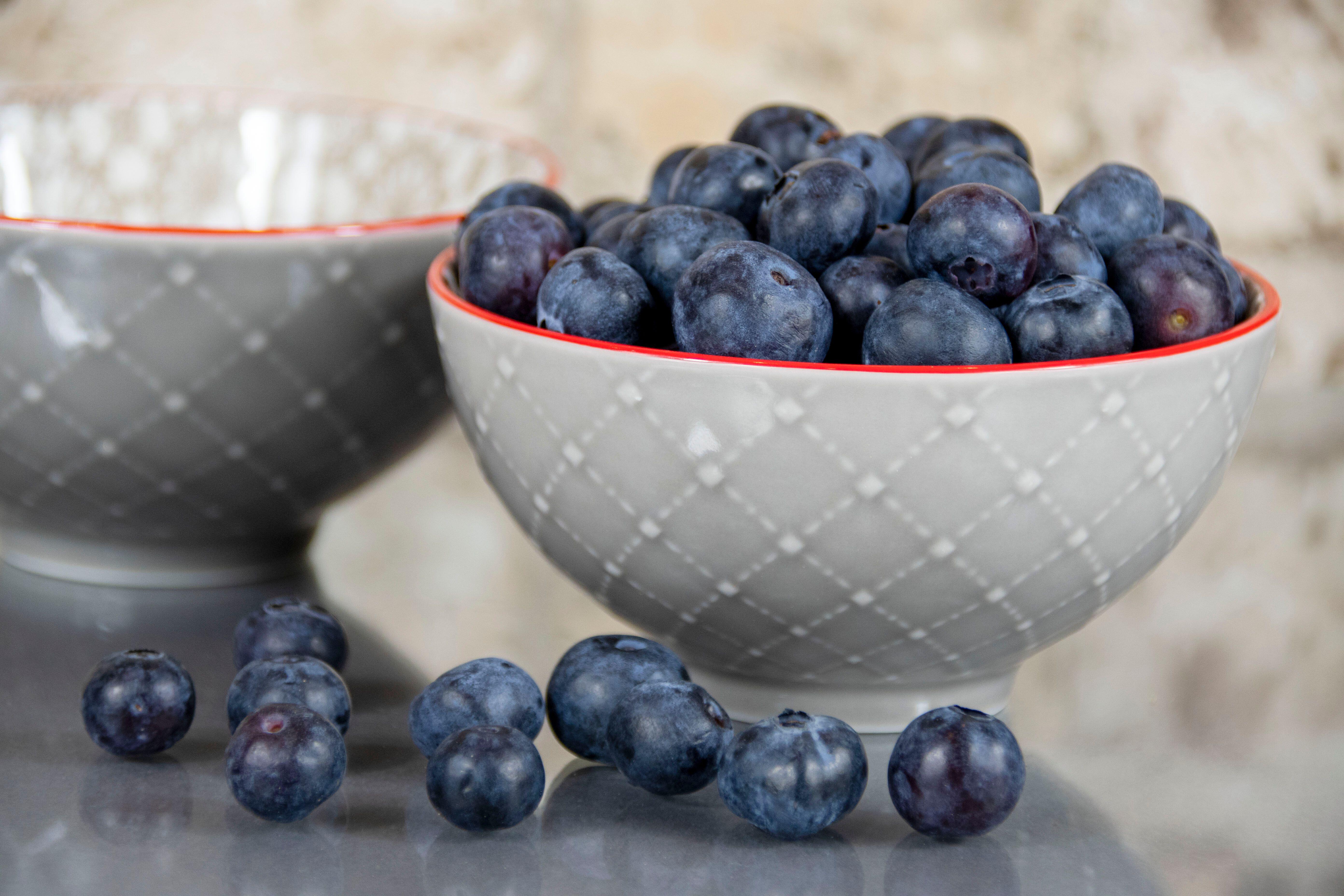
What are the other health benefits associated with them?
“There is a growing body of evidence that flavonoids can have antioxidant, anti-inflammatory and anti-cancer properties,” says public health nutritionist, Dr Emma Derbyshire, from the Tea Advisory Panel.
“Research undertaken by my TAP colleagues, which included analysis of the latest evidence, found that the vital health benefits of adding flavonoids into the diet includes a reduction in the risk of diabetes, inflammation, heart disease, viral respiratory tract infections, strokes, plus prevention of muscle loss.”
Each flavonoid also has its own benefits and roles when it comes to supporting our health.
“One of my favourites is quercetin – known as nature’s antihistamine. It’s really helpful for those who suffer with allergies or hay fever,” notes Packham.
Some research suggests that there may be a link between flavonoid intake and sleep.
“Apigenin (found in chamomile tea, orange peel, parsley and coriander) is known to have sedative properties as it binds to GABA receptors in the brain,” says Packham. “GABA is an inhibitory neurotransmitter, and therefore promotes relaxation which may therefore help you fall asleep.”
It is bad to consume too many flavonoids?
“Average intakes of flavonoids in Europe are between 313mg a day and 428mg a day,” notes Derbyshire. “So, in Europe, intakes do not appear to be in excess at all. In fact, there is room to increase these vital flavonoids in our daily diets.
“In the US, experts at the Academy of Nutrition and Dietetics reported that we need to take in 400-600 mg a day of flavan3-ols a day to protect our heart and metabolic health.
“There is no official advice in the UK for consuming flavonoids. Equally there is no advice on upper intake thresholds as of yet.”
What are the best sources of flavonoids?
Tea
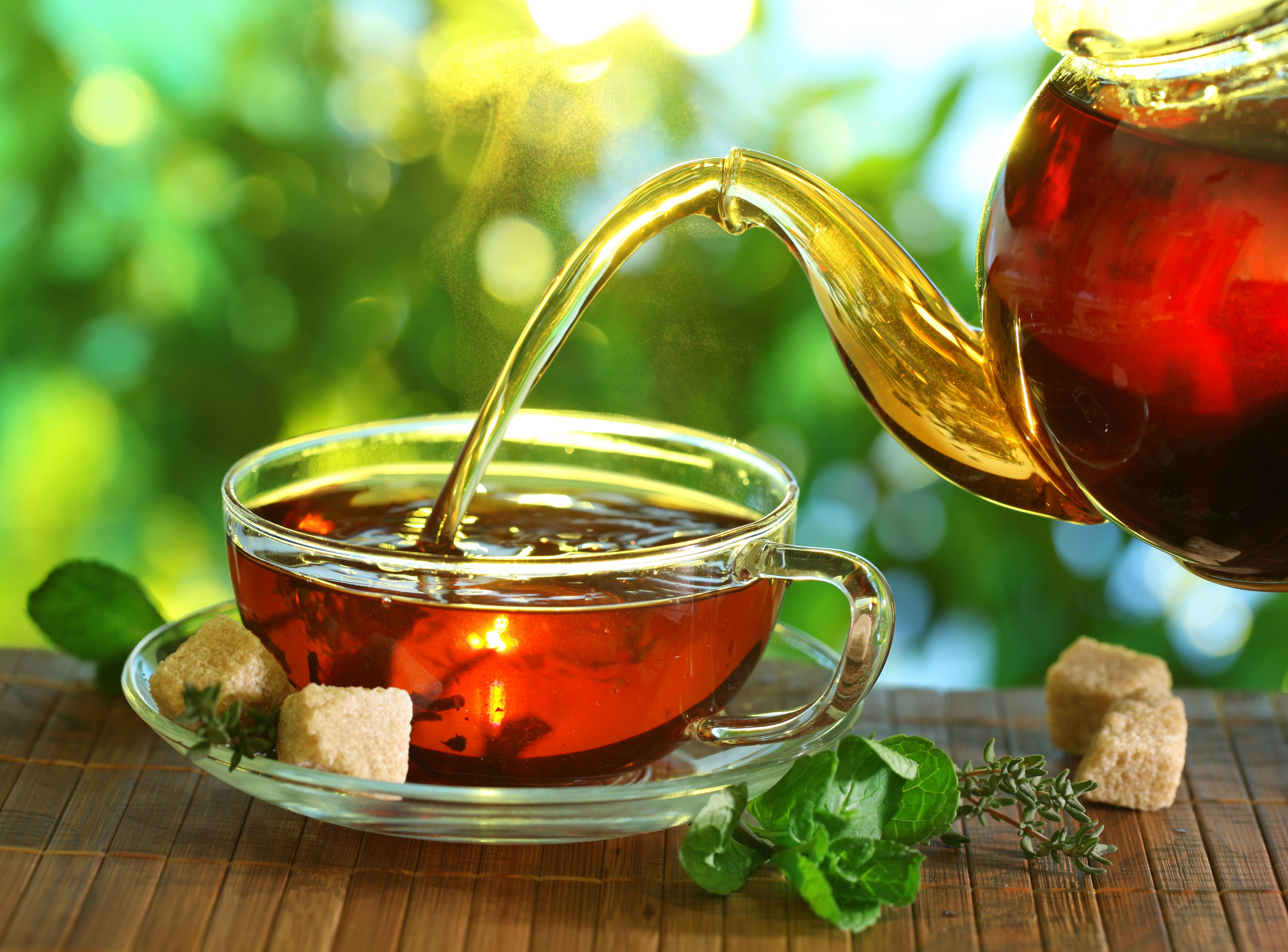
“A daily tea intake of four cups a day is the sweet spot if we want to get the health benefits that can come from consuming flavan-3-ols,” recommends Derbyshire.
The total flavonoid content in green and black tea is about 138mg and 118mg per 100mL, respectively, according to Oregon State University.
Berries
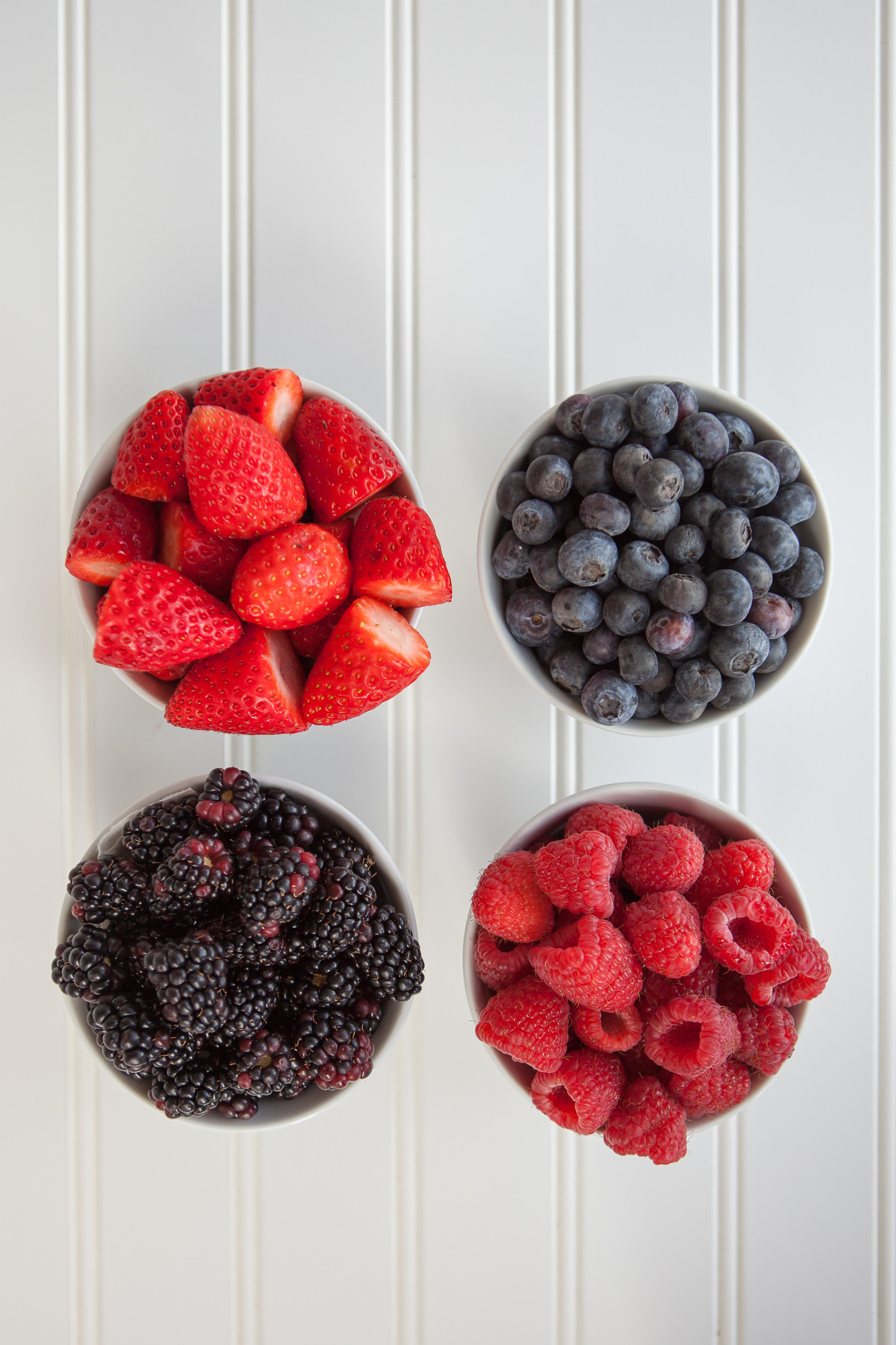
“Blueberries, strawberries and blackberries are high in anthocyanins, which research suggests helps heart health and cognitive function,” says registered nutritionist Lara Buckle, also known as The Wellness Detective. “Add them to smoothies or to yoghurt.”
Onions
“Onions are a source of flavonoids, especially red onions,” says Derbyshire. “So, pop these into the slow cooker, add then into a stir fry or sandwich to help boost your daily intake of flavonoids.”
Red wine

“Red wine contains resveratrol which has been linked to heart benefits,” says Buckle. “One glass a day max is advised.”
Citrus fruits
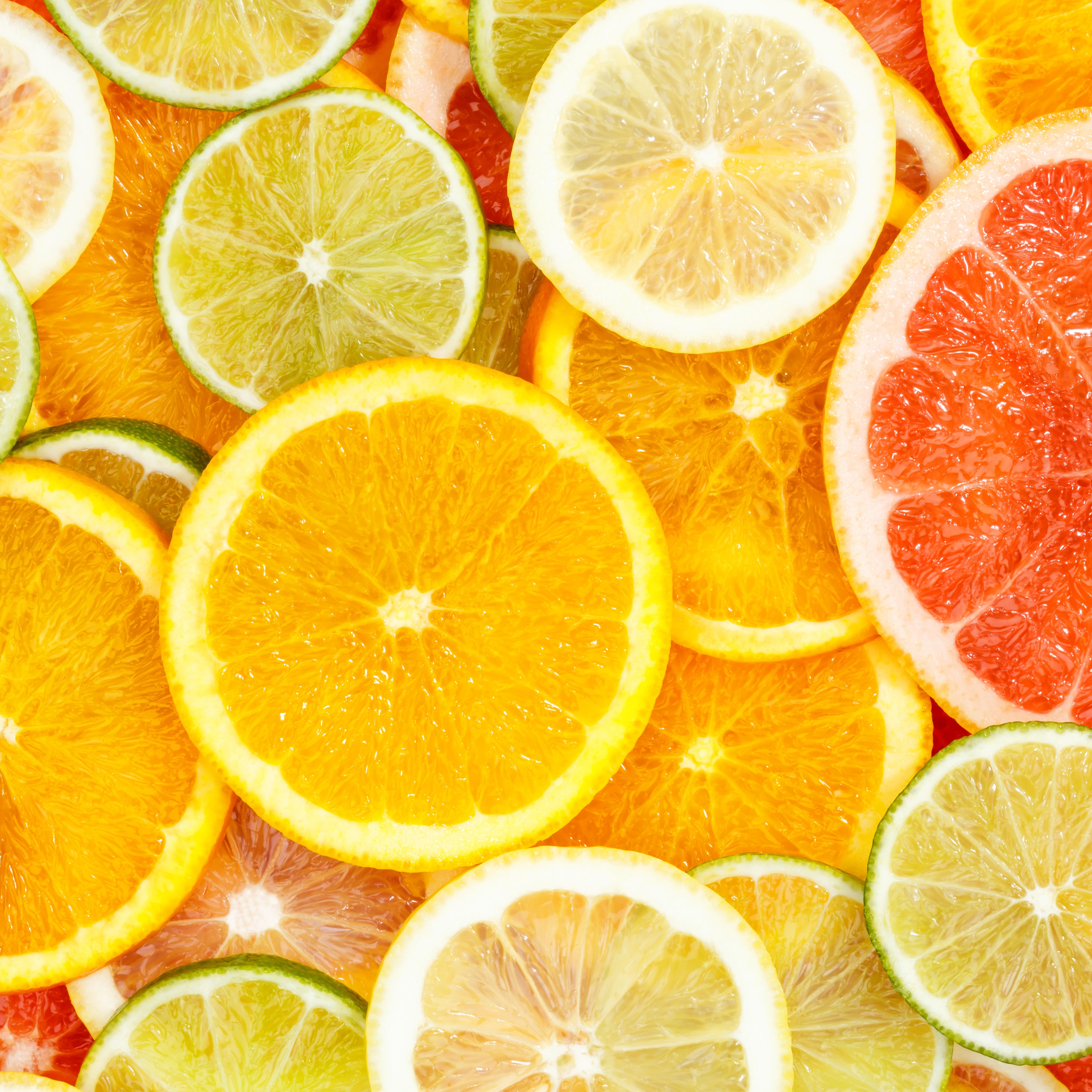
“Oranges and grapefruits contain hesperidin, known for its anti-inflammatory properties,” highlights Buckle. “Enjoy them as snacks or juice.”
Dark chocolate

“High-quality dark chocolate can contain a higher percentage of cocoa solids,” says Derbyshire. “Cocoa is abundant in flavanols. Dark chocolate contains up to two to three times more flavanol-rich cocoa solids than milk chocolate.”
Leafy greens
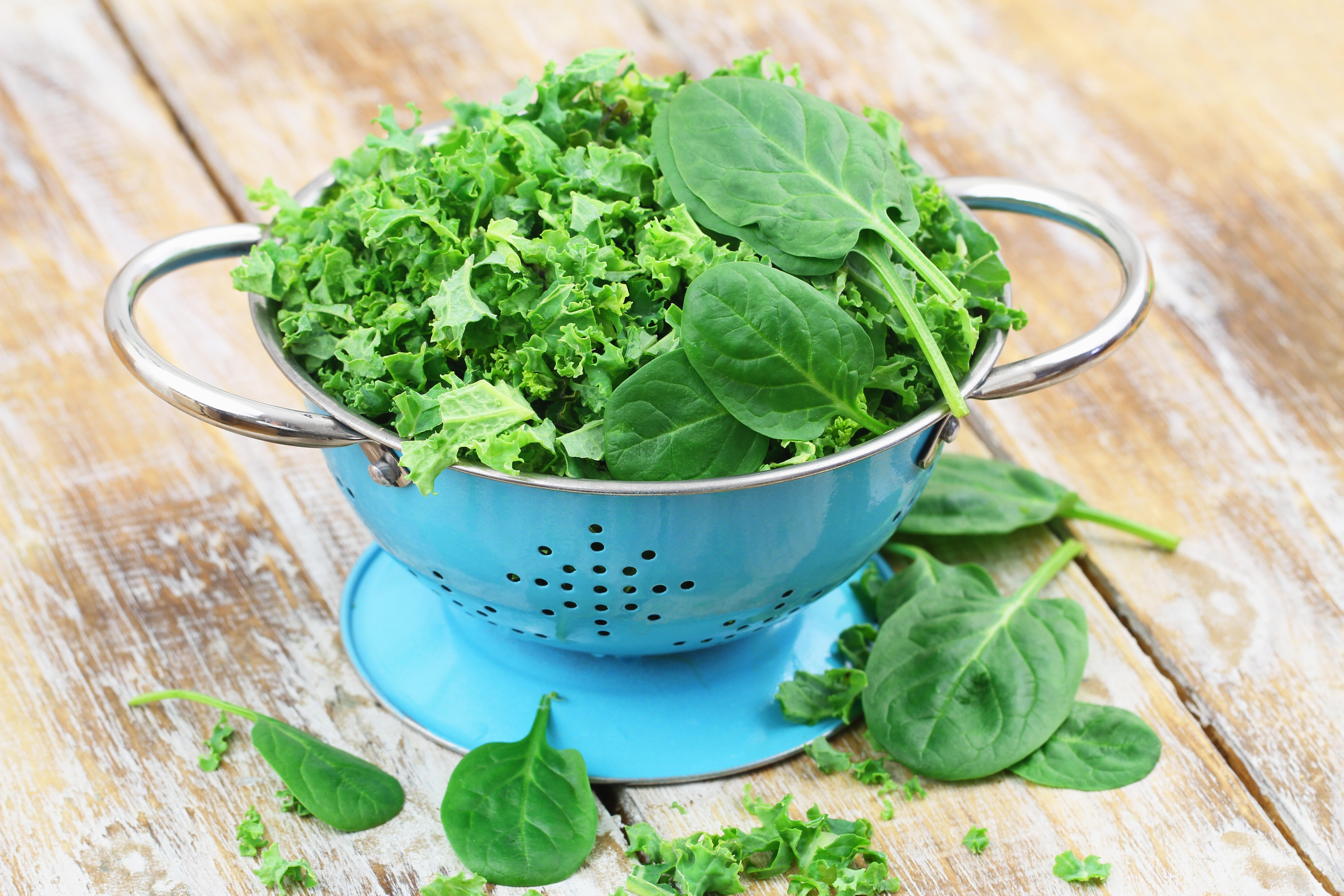
“Kale and spinach are loaded with kaempferol, which fights inflammation,” says Buckle. “Incorporate them into salads or smoothies.”



 Africana55 Radio
Africana55 Radio 
